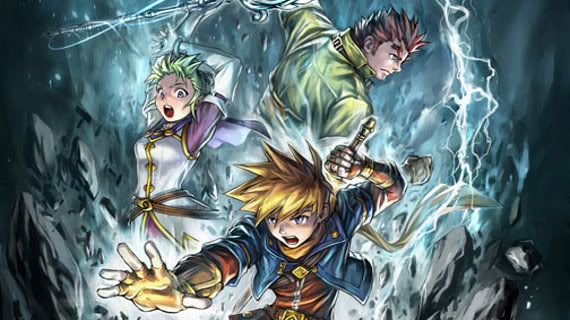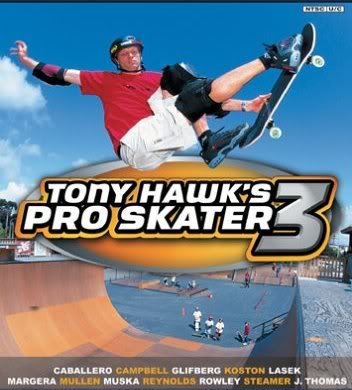This post has not been edited by the GamesBeat staff. Opinions by GamesBeat community writers do not necessarily reflect those of the staff.

1UP’s Jeremy Parish recently reviewed Golden Sun: Dark Dawn for the Nintendo DS. He gave it a “B,” though you wouldn’t really know why by reading the text of his review.
Either way, the score seemed to perturb one commenter, who railed into Parish and 1UP for a lack of consistency. In his review, Parish stated that Dark Dawn improves the formula of the first two games. The user claimed that because 1UP graded Golden Sun: The Lost Age, the previous entry in the series, as an “A-," Dark Dawn deserves a score higher than it received. (Former sister publication EGM scored the original game, Golden Sun, quite high as well.)
This is foolish. It’s ridiculous to demand that two people of differing viewpoints stay consistent with each other’s opinions. That said, I think the angry commenter inadvertently stumbled upon an interesting topic: How should readers feel about past reviews years later?
 Let’s take the Tony Hawk franchise as an example: It’s late 2001. Activision releases Tony Hawk's Pro Skater 3 and reviewers are lapping it up. GamePro awards it a much-coveted perfect score. Everyone’s happy.
Let’s take the Tony Hawk franchise as an example: It’s late 2001. Activision releases Tony Hawk's Pro Skater 3 and reviewers are lapping it up. GamePro awards it a much-coveted perfect score. Everyone’s happy.
Now jump forward to late 2010 and pop THPS3 into your favorite last-gen console. Do you think it’s still a 10?
More than likely, your answer is going to be no. Don't feel ashamed. Better Hawks and better games have come along. The genre has changed and evolved.
But review scores don’t evolve. They’re static numbers that stand stoically against the tidal wave of history. Sure, it doesn’t seem very fair. In a fantasy reality, reviewers would constantly update every score they've ever given as time moved forward, adjusting accordingly for modern developments. But that's just unrealistic and silly.
Also, all perfect review scores are not created equally. Metal Gear Solid 2: Sons of Liberty made its debut in 2001 and received the same grade from GamePro, but I’d hazard a guess that most reviewers would say it's withstood the test of time better than Tony Hawk's Pro Skater 3.
As an industry that works on shoestring budgets, readers can't expect game-reviewing outlets to constantly revise their scores.
I suppose the question is what "10 out of 10" really signifies. Does a perfect score for a PlayStation 2 title equate to a perfect score in the PlayStation 3 era? Or do all scores become null and void when a new console generation launches? How about when a sequel hits? Is a perfect score from 2006 more valid than one from 2005 simply because it's more recent?
It’s a tricky question and one I don’t believe has a definite answer. If anyone has any thoughts, I’d love to hear them.
